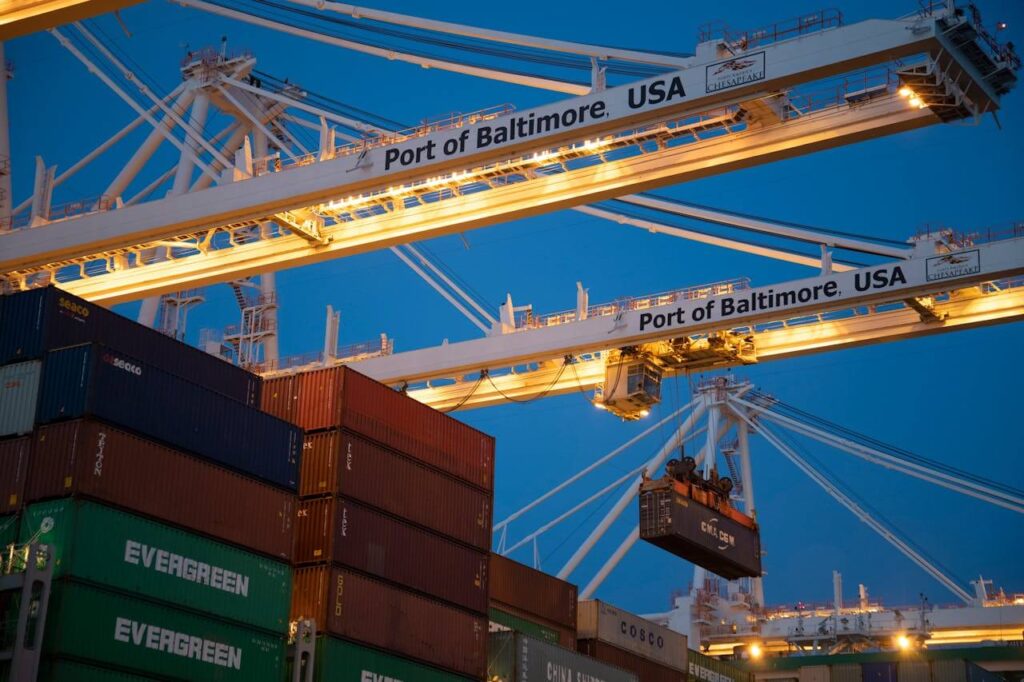Key Takeaways:
- A deep understanding of the freight agent’s role is essential for logistics.
- A specific skill set can differentiate one as a prime candidate for this line of work.
- Educational degrees and specialized certifications provide leverage in a competitive job market.
- Cultivating a broad network and establishing a solid online presence are key marketing strategies for personal branding.
- Ongoing learning and professional development will ensure you keep pace with industry evolution.
The Pivotal Role of Freight Agents
At the crossroads of global trade and commerce sit freight agents—key figures who streamline the journey of products from warehouse to consumer. A freight agent’s role involves a mixture of tactical planning and strategic negotiation, balancing the desires of shippers with carriers’ capabilities. Those on the path to becoming a freight agent can expect to immerse themselves in a field that combines elements of customer service, logistical coordination, and inventive problem-solving.
Being a freight agent isn’t just about locking in contracts; it’s about building long-term partnerships that can withstand the vicissitudes of the global market. Their in-depth knowledge of best practices in transportation and a firm grasp of regulatory requirements position them as indispensable to the supply chain network. A career beginning in freight agent jobs promises not only a dynamic work environment but also room for significant professional growth.
Crucial Skills for Success
Mainstays like articulate communication and shrewd negotiation are the twin pillars of an agent’s skill set, critical for finessing the logistics of multi-faceted shipping demands. A potential freight agent excels in collaborative and autonomous working environments, adeptly aligning various stakeholders toward common goals. This role also calls for impeccable organizational prowess to manage juggling documentation, scheduling, and monitoring shipments, where details matter just as much as the larger picture.
While people skills are imperative, agents should also be conversant with industry-specific technology, which aids in tracking shipments, projecting costs, and assessing regulatory considerations. A successful freight agent balances interpersonal acuity with analytical cunning to anticipate industry trends and adapt swiftly to the ever-changing global logistics landscape.
Educational Qualifications and Certifications
Entering the field often begins with a foundational education in business or logistics. Still, the nature of the industry favors candidates who possess additional certifications and specialized knowledge. Courses like logistics, supply chain management, or business degrees often incorporate valuable insight into best industry practices, which is increasingly expected among top-tier candidates.
Attaining certifications like the Certified Transportation Broker (CTB) credential can catalyze an agent’s trajectory, signaling a serious commitment to the craft. This dedication to learning reflects an agent’s promise of quality and reliability in the marketplace.

Amassing Industry Experience
Experience teaches what a classroom cannot: the intricate realities of the shipping arena. Whether through internships or junior roles in related fields, exposure to real-world scenarios hones an agent’s ability to manage spontaneous challenges and emerging crises. This immersion builds reflexes and insights to identify efficiencies in complex logistics scenarios.
The rapidly evolving logistics landscape also requires listening to the ground. With their rich offering of news and industry reports, resources like Supply Chain Brain are essential for agents eager to base their strategies on the latest information.
Networking and Relationship Building
Often, it’s not what you know but who you know that opens doors in freight brokerage. Professional associations, LinkedIn groups, and industry conferences are networking hotspots for forging lasting relationships. Connections made within these channels can yield collaborative opportunities, mentorships, and vital introductions to industry stalwarts.
Effective networking is rooted in the mutual exchange of value, where the development of rapport leads to shared resources and knowledge. In a field that is so contingent on trust, these cultivated relationships can become one’s most treasured professional assets.
Job Market Dynamics
Understanding current trends within the job market enables aspirants to align their talent and skills with industry needs. Specialized platforms like Indeed provide an overview of the competitive landscape, from job availability to the specific skillsets in demand. Custom-tailoring applications to these insights and showcasing a record of results can make one stand out among peers.
Career progression in this field flourishes in organizations that recognize and reward agile thinking and proactive problem-solving—qualities freight agents must exemplify regularly.
Expertise Marketing Strategies
Marketing oneself in the digital era requires a strategy beyond traditional application submissions. An online portfolio, a robust LinkedIn profile, and even an insightful blog can serve as platforms to display depth of knowledge and connect with industry influencers. This proactive approach to personal branding can catalyze the job search, placing your resume at the forefront during talent hunts.
An agent’s reputation, fostered by results and reinforced by a well-managed online presence, can significantly sway opportunities in one’s favor. This strategy showcases why you, with your distinctive blend of skills and experiences, are the optimal choice for the role.
Embarking on Your Career Path
As you step into your nascent freight agent career, it will be vital to embrace an encompassing view of the industry’s nuances. Finding an environment that fosters growth and allows for hands-on learning will give you the practical wisdom needed for future challenges. It’s a journey of building trust with clients and partners, where your skillset, adaptability, and commitment will be your compass.
The initial pathway may involve aiding more seasoned agents or taking on supportive roles that contribute to larger logistics projects. These experiences are invaluable, embedding you deeply within the fabric of the industry’s daily operations.
Pursuing Continuous Learning
Continuous learning underscores a career in freight logistics. The rate of industry change is matched only by the pace at which those who thrive within it choose to learn and adapt. Advanced training, workshops, and even higher degrees are substantial investments in one’s professional future. Your commitment to learning ensures your expertise stays relevant and your services coveted in the market.
She stays informed, adaptable, and connected and positions you to meet the demands of the present and shape the contours of the future within the freight industry. This is the path of the continual learner, the enduring achiever in freight brokerage.








